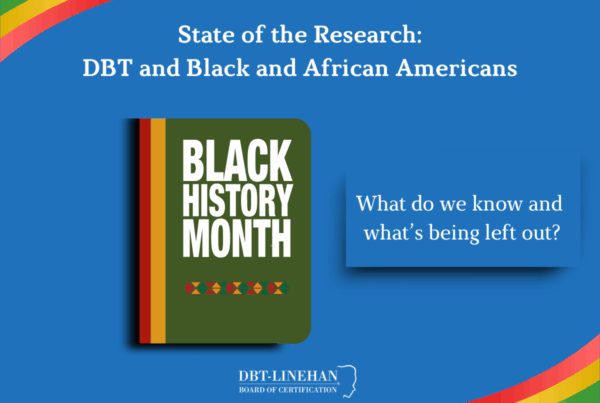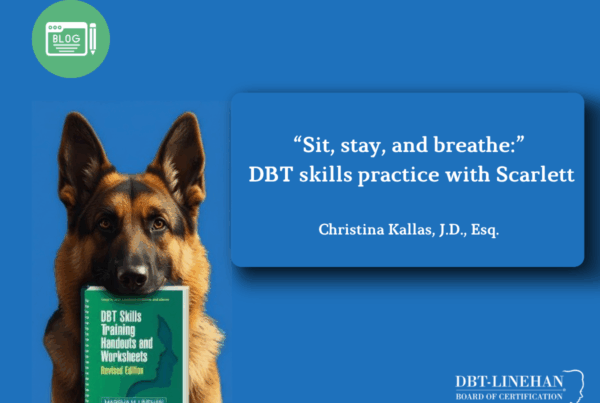Adapted from • Science Update, June 27, 2018
Researchers at the University of Washington, Seattle Children’s Research Institute, and collaborators at the Los Angeles Biomedical Research Institute at Harbor- University of California, Los Angeles (UCLA) Medical Center, and the David Geffen School of Medicine at UCLA have published findings from a year’s long RTC showing that DBT reduce suicide attempts and suicidal behavior in adolescents.
For this study, Elizabeth McCauley, Ph.D., and colleagues enrolled youth ages 12-18 who were at risk for suicide. The adolescents entering the study had attempted suicide at least once, had a history of repeated self-injury, and had trouble with emotional control—for example, unstable, intense, and often negative moods. Youth entering the trial were randomly assigned to either DBT or a comparison treatment, individual and group-supported therapy (IGST).
By the end of the first six months of the trial, suicide attempts and non-suicidal self-injury (NSSI) were significantly less likely in youth receiving DBT than those receiving IGST. Self-harm, which combines both suicide attempts and NSSI, was about a third as likely in DBT recipients compared with those in IGST. Of 65 youth randomly assigned to IGST who completed the end of treatment assessment, 9 had one suicide attempt and 5 had two or more; out of 72 assigned to DBT, 6 had one suicide attempt and 1 had two or more.
Twelve months after the trial began, rates of self-harm had declined in both groups; the rate was still lower in the DBT group, but the difference was not great enough—given the number of participants in the trial—to be statistically significant. Nonetheless, the benefit seen in the first months potentially saved lives; the authors point out that clinical trials of greater size or length may demonstrate a more sustained advantage to DBT and may assess whether altering components of the therapy could increase its effectiveness.
Another finding of the study was that youth receiving DBT attended more treatment sessions and were more likely to complete DBT treatment (attend at least 24 individual sessions) than youth receiving IGST. The greater success in this respect of DBT may have been an element in the difference in treatment effectiveness relative to IGST.
McCauley E et al. Efficacy of dialectical behavior therapy for adolescents at high risk for suicide: a randomized clinical trial. JAMA Psychiatry. 2018 June 20. doi: 10.1001/jamapsychiatry.2018.1109.





